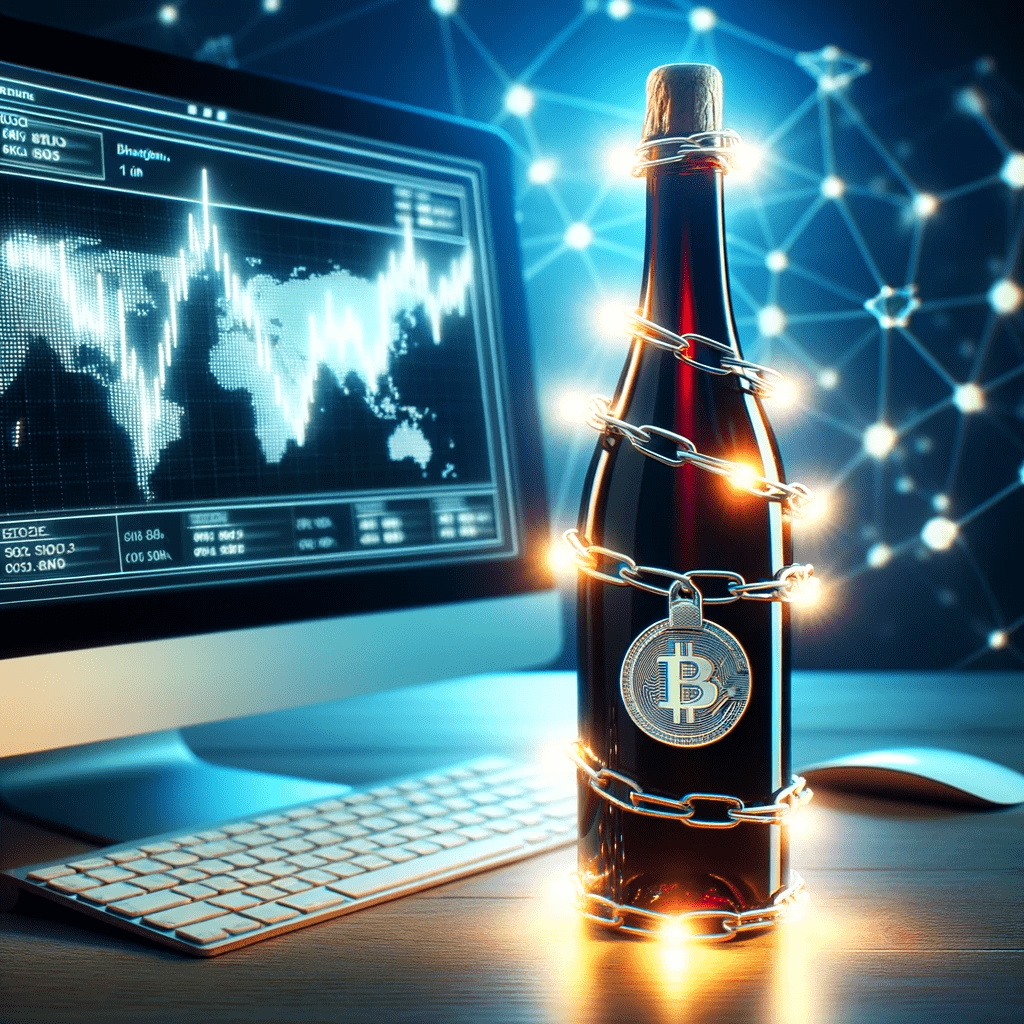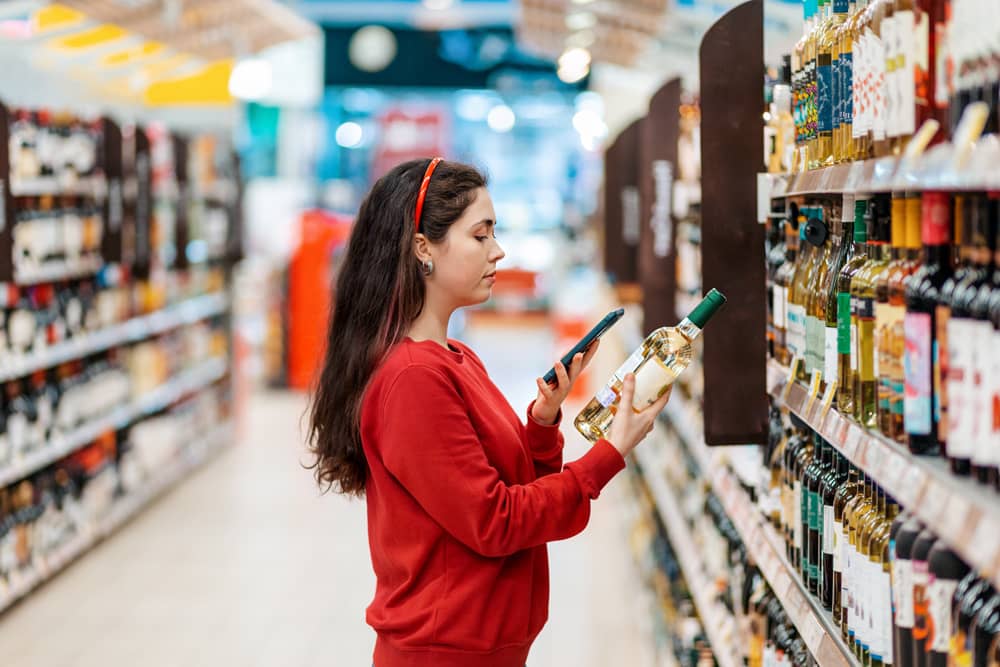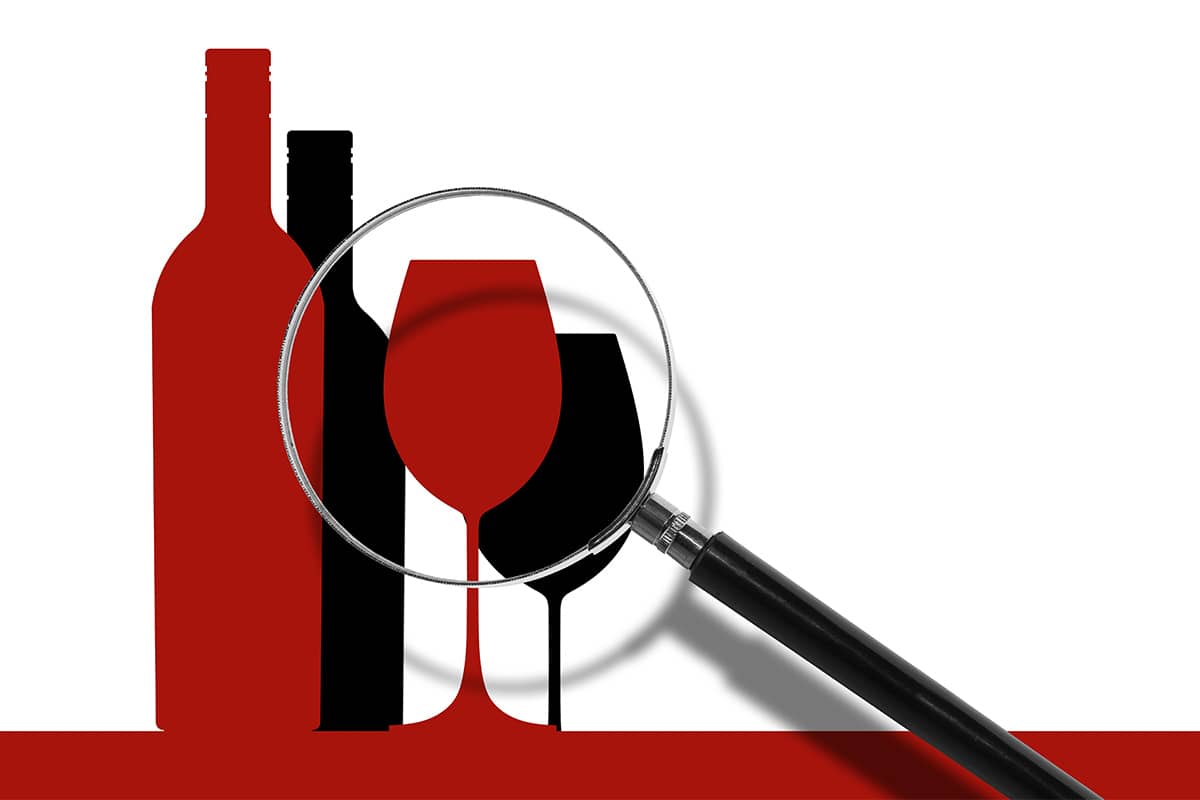Uncorking a bottle of Burgundy and finding it tastes off can ruin the experience due to doubts about its authenticity. Explore the transformative power of blockchain in the world of wine. THINK delves into “VinoVeritas,” a pioneering project by University of Malta researchers, revealing how blockchain can help ensure a trustworthy wine supply chain, thwarting fraud and preserving the adoration for this esteemed beverage globally.
Wine has long been a symbol of celebration, tradition, and culture across the globe. Whether it’s a glass of Burgundy from France, a Cabernet Sauvignon from California, or a local Maltese vintage, wine enthusiasts take pleasure in the diversity and complexity of this ancient elixir. However, as with any cherished commodity, the world of wine is not immune to fraud and deception. In this article, THINK Magazine delves into VinoVeritas, a project conducted by researchers at the University of Malta which aims to explore how blockchain is revolutionising the wine industry by securing its supply chain, combating fraud, and ultimately preserving the trust of wine lovers worldwide.
Wine’s Rich Legacy and the Ongoing Battle against Fraud
Wine is one of the most civilized things in the world and one of the most natural things of the world that has been brought to the greatest perfection.
Ernest Hemingway
Wine, dating back thousands of years, has been cherished for its flavours and aromas, as well as its role in various cultures and rituals. However, this rich history has also witnessed instances of wine fraud that have threatened consumer health and the integrity of the wine industry.
Throughout the history of wine, there have been many cases of fake wines. In some cases, fraudsters design fake labels to make a profit. Such counterfeit wines attempt to use the same brand name as popular, trusted brands. These dishonest actions don’t just trick people into buying something they didn’t want, but they can also be harmful to health. In some cases, expensive ingredients are swapped out for cheaper ones, or fakes might utilise dangerous chemicals (such as diethylene glycol, a chemical often found in antifreeze and brake fluid, or lead acetate, a carcinogen) to make the wine sweeter. These counterfeit products are then sold as if they were the real deal, putting people’s health at risk and damaging the good name of those trusted brands.
Blockchain: Beyond Cryptocurrency
Enter blockchain technology, which is more commonly associated with cryptocurrencies. Blockchain, at its core, is a decentralised ledger that records transactions across a network of computers, ensuring transparency, immutability, and security. Beyond the realm of cryptocurrency, industries ranging from healthcare to real estate are discovering blockchain’s potential for supply-chain management and product authentication. Unlike traditional computer infrastructure, blockchains guarantee that data and processes cannot be tampered with — not even by the creator of such systems. Prof. Joshua Ellul, associate professor at the Faculty of ICT says, ‘Blockchain is not a silver bullet that completely removes all fraud, but it can guarantee that data and digital processes are tamper-proof. It can also result in lower costs than traditional computing platforms — so really we should ask, why are we not using blockchain more to minimise fraud?’
Blockchain is emerging as a formidable tool to address the long-standing issue of wine fraud and secure the wine supply chain. In a conventional wine supply chain, vineyard operators, winemakers, shippers, and retailers all input specific data into a centralized ledger at each step of the production and distribution process. Each entry can be verified by stakeholders, ensuring the wine’s authenticity and origin at every stage, but he current system relies heavily on trust in national authorities and other third parties. This inherent trust gap calls for a more robust solution, and that’s where blockchain steps in.
Blockchain technology can be seamlessly integrated into the wine supply chain, ensuring the immutability of data and enhancing transparency. By doing so, it records comprehensive information, tracing the journey of wine from the vineyard to the glass.

VinoVeritas: Combating Wine Fraud against Maltese Wine
One innovative project conducted by researchers at the University of Malta, leading the charge in securing the wine supply chain, is VinoVeritas. The prototype aims to mitigate wine fraud, increase transparency, and provide wine lovers with authentic products they can trust. While VinoVeritas aims to pioneer change in Malta, its principles and methods can inspire similar endeavours worldwide, setting a gold standard for wine authentication. As Mr Gowher Parry, one of the researchers involved in the project, says: ‘In a world filled with choice, authenticity is the finest vintage.’
While VinoVeritas is an initial investigation, it has set ambitious goals in its quest to combat wine fraud. It paves the way for a future merging of blockchain technology with national stamps of approval, prioritising transparency in the wine supply chain. By doing so, VinoVeritas intends to reduce risks and eliminate a number of remaining gaps that fraudsters exploit. Indeed, it does not remove all risks, but it provides a way of reducing a number of risks in an efficient manner.
The journey of VinoVeritas has yielded significant achievements and findings. Firstly, through the integration of blockchain technology, this project has taken crucial steps toward securing wine supply chains. Blockchain ensures that wine data originating from onboarded wineries includes certification labels that cannot be altered or counterfeited.
Existing solutions allow for QR codes to be placed on wine labels. These QR codes can be scanned by consumers, providing access to comprehensive information about the product. The innovation VinoVeritas brings is that it cross-references data from the various supply-chain stakeholders and authorities against the blockchain. If the data matches, then the product can be verified to be certified — with guarantees that the data was not tampered with at any point. If not, the consumer is alerted to the potential counterfeit or processes that were not followed. So, with just a simple scan, consumers can be confident in the genuineness of their purchase, merging tradition with state-of-the-art technology.
A second innovation developed through the project involves the proposal of an efficient solution for the storage and verification of supply-chain data using a blockchain. Typically a lot of the blockchain verification process is done ‘on-chain’, which can consume higher costs. In VinoVeritas, various techniques were investigated to establish optimal solutions for storing and verifying data in a manner that does not reduce the guarantees provided by blockchains.

Future Scope and Innovations
VinoVeritas acknowledges the importance of user feedback. In future, it plans to leverage user feedback to help refine wines. VinoVeritas currently allows for the integration of various Internet-of-Things sensors. Once such data is coupled with user feedback, it could pave the way for providing further insights to wineries. By making use of AI models, it may be able to predict not only the future quality of a wine but also the perception of it by consumers. This dynamic feedback loop ensures that the wine supply chain adapts to meet evolving consumer preferences and expectations.
By securing the wine supply chain, combating fraud, and promoting transparency, VinoVeritas aims to preserve the trust and satisfaction of wine enthusiasts. This would allow consumers to enjoy their favourite wines with confidence, knowing that the bottle in their hand is an authentic and safe representation of the time-honoured art of winemaking.
As we raise our glasses to toast this revolutionary journey, we are reminded that, in vino veritas — in wine, there is truth. As technology advances and wine continues to hold its sacred place in our celebrations and dinners, one must ponder: what’s the next frontier in preserving its legacy and purity? Only time, and perhaps more technological innovations, will tell. Thanks to blockchain technology and forward-thinking initiatives like VinoVeritas, that truth shines more brilliantly than ever before.
The project, VinoVeritas, is part-financed by the European Union, EAFRD 2014-2020.





Comments are closed for this article!